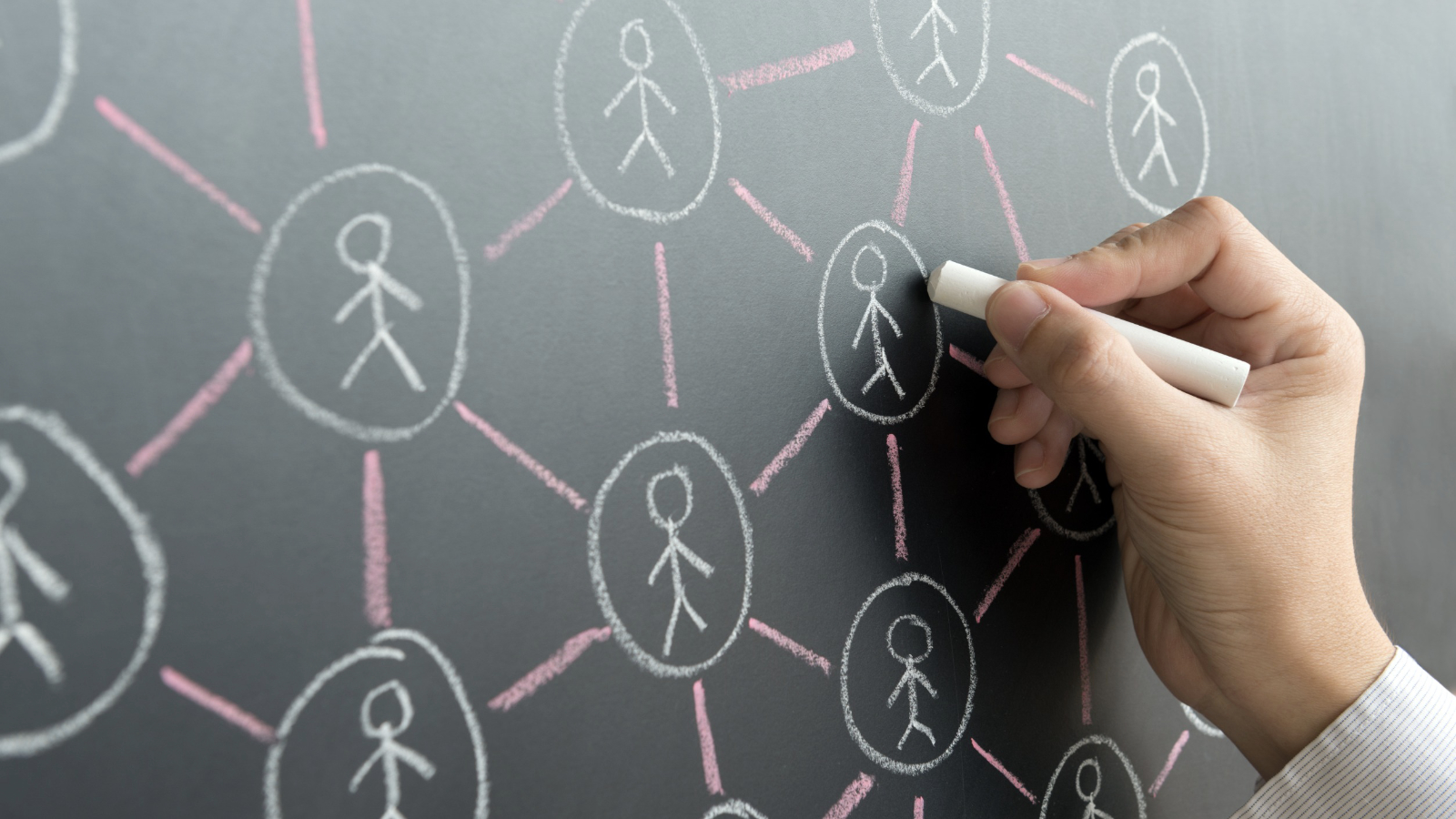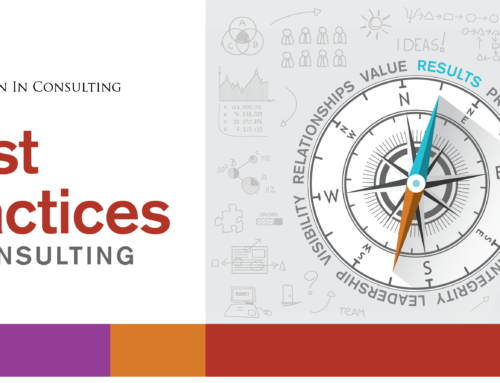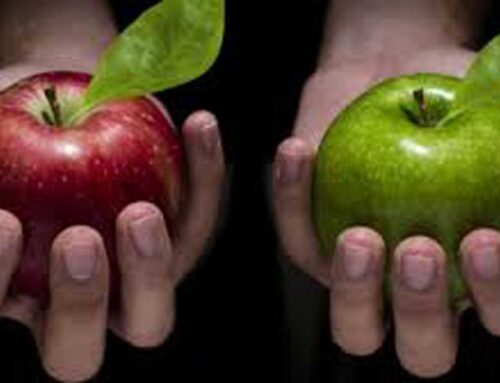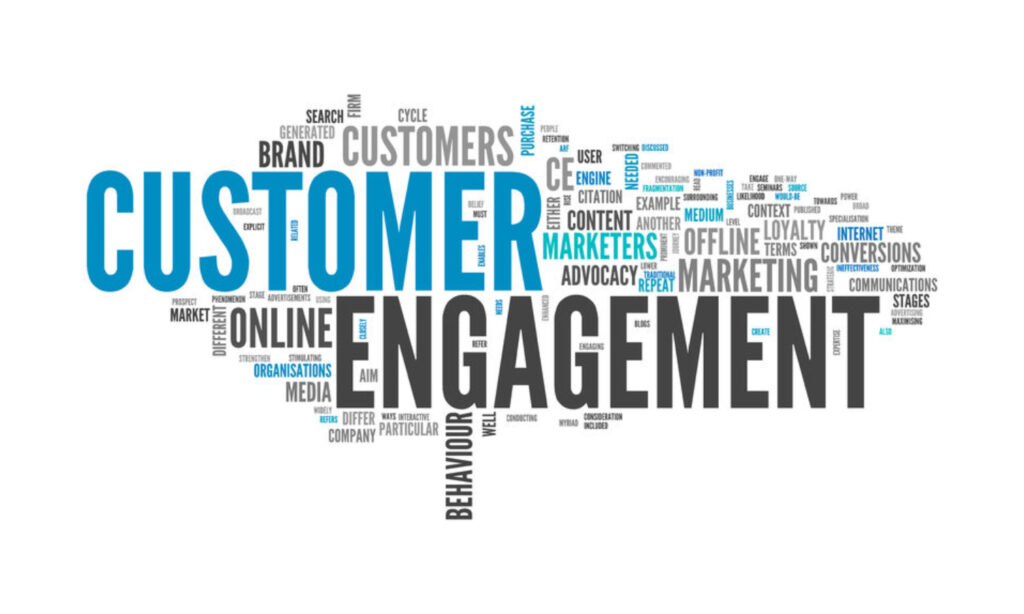The word “social” has changed its meaning for most people these days, as social media has leapt from the great unknown to a top-of-mind 24/7 default in the connection stratosphere. No doubt, we’re using it right now to communicate. But is prioritizing social media as your communication default really an even trade off? Before we go further, let’s see what’s really at stake here.
That social connection is critical to mental and physical health is neither new nor surprising. Numerous social psychologists have researched and established this principle, which in some sense proves the obvious. But just how much of an impact does social connection have on day-to-day quality of life?
Studies show, more than you may have realized.
According to a study published in Scientific American; “4775 adults in Alameda County individual’s answers were translated into a number on a “social network index,” with a high number meaning the person had many regular and close social contacts, and a low number representing relative social isolation. The researchers then tracked the health of their subjects over a.nine-year period, those who placed low on the social network index were twice as likely to die as individuals who had placed high on the index but had otherwise similar risk factors.”
I have to admit, they had me at “twice as likely to die”, however, you may find the more uplifting link between social connection and things like happiness and career success more compelling.
If knowing that connection to other humans is linked to staying alive, sane and employed has you relieved that Zuckerberg created social media, here’s the rub. Social media is great for many things, but can we really count on it to meet that health and happiness quotient?
Actually, this time studies show, maybe not.
Here’s the deal; when you use social media to stay in touch to keep established relationships going, with the goal and practice of real, in-person relating mingled in, then, yes. When you consistently use social media as a replacement for actual face-time, then not so much. Interactions via social media make people feel connected without the emotional component of face-to-face interactions, depriving participants of the opportunity for positive biochemical feedback that comes from personal interaction. In short, social media only offers a partial benefit; better than nothing, but not an equal replacement.
So, whether it’s a longer life you seek, or happiness and career success in the present moment, make connecting to others a key part of your daily routine and watch those health and happiness benefits start rolling in.
Image source: 123rf.com/profile_kenishirotie







